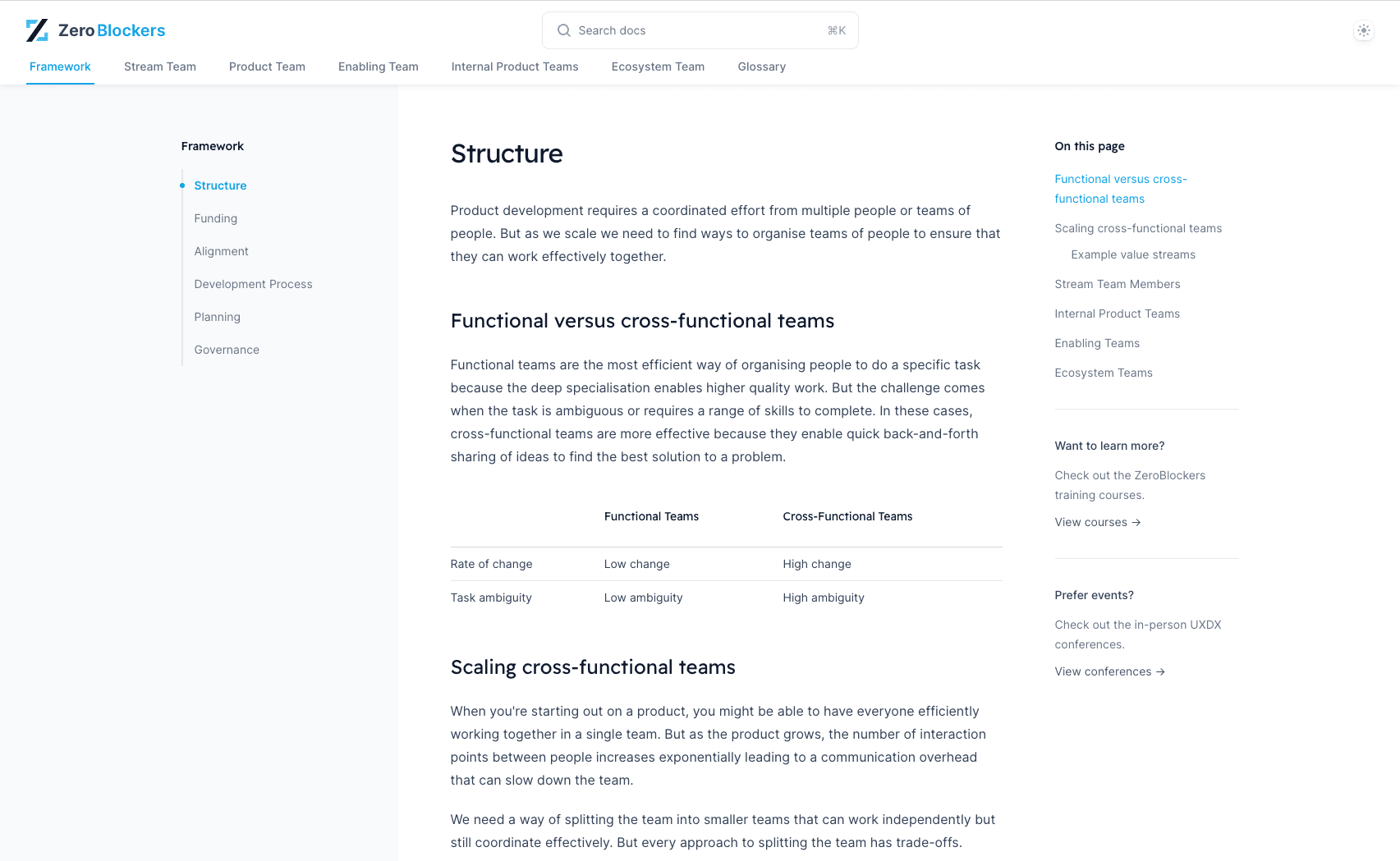Case StudyStream Team: Communicating Research - Using AI to Improve Discoverability of Research Insights
Instacart faced significant challenges in making research insights easily discoverable and accessible across the organization. Researchers were often frustrated with repetitive tasks of consolidating and sharing insights, while stakeholders struggled to find relevant research quickly and efficiently. Traditional methods of managing research insights were inadequate, leading to low engagement and inefficient use of valuable data.

The Solution
Instacart implemented an AI-driven solution to improve the discoverability of research insights. The key components of their approach included:
- Identification of Pain Points: Instacart recognized the need for a centralized and easily accessible repository of research insights. They identified that existing tools were not integrated into the daily workflows of stakeholders, leading to low engagement.
- Utilization of AI: With the advent of GPT and other AI technologies, Instacart saw an opportunity to leverage generative AI to deliver on-demand research insights. They formed a cross-functional team including product managers, engineers, and researchers to develop an AI-driven solution.
- Development of a Research Repository: The team built a consolidated research repository using tools like Sharper. This repository served as the foundation for the AI to index and retrieve relevant insights.
- Integration with Daily Workflow: To ensure high engagement, the AI-driven tool was integrated into Slack, a platform already widely used within Instacart. They created a Slackbot named Genie, which could be tagged in the research insights channel to answer user-related questions by fetching relevant insights from the repository.
- Iterative Development and Feedback: The project adopted an agile approach, allowing for quick iterations based on user feedback. They launched an alpha version of the tool within a month and continued to refine it based on ongoing feedback from researchers and other stakeholders.
Outcomes achieved
The implementation of the AI-driven solution led to several significant outcomes for Instacart:
- Improved Efficiency: The AI tool significantly reduced the time researchers spent on repetitive tasks, allowing them to focus on more strategic activities. Stakeholders could quickly access relevant research insights without waiting for manual responses.
- Enhanced Engagement: Integration with Slack ensured that the tool was used regularly, leading to higher engagement levels. The seamless access to insights within the existing workflow minimized the friction of adopting a new tool.
- Accurate and Timely Insights: The AI-driven solution provided accurate and timely research insights, enhancing the decision-making process. The ability to tag researchers in responses also ensured that any additional context or clarification was readily available.
- Positive Feedback and Adoption: The tool was used over 500 times within a few months of its launch, with positive feedback from various functions including product management, sales, marketing, and design. Stakeholders appreciated the efficiency and ease of accessing summarized insights quickly.
- Continuous Improvement: The iterative approach allowed Instacart to continuously improve the tool. For example, they expanded the search capability from 10 pages to 50 pages of research reports and refined the command structure to improve usability.
